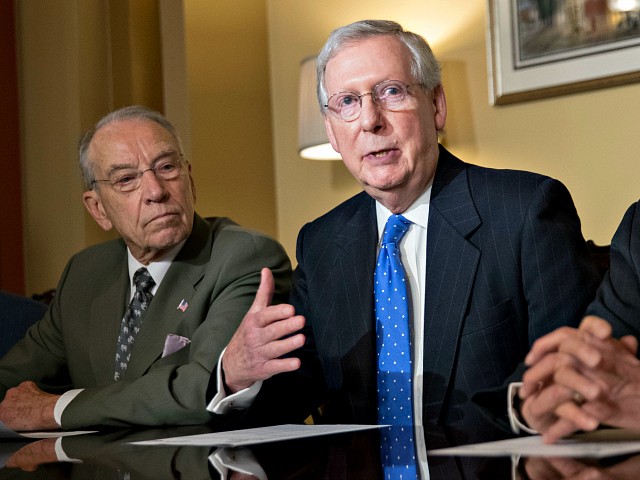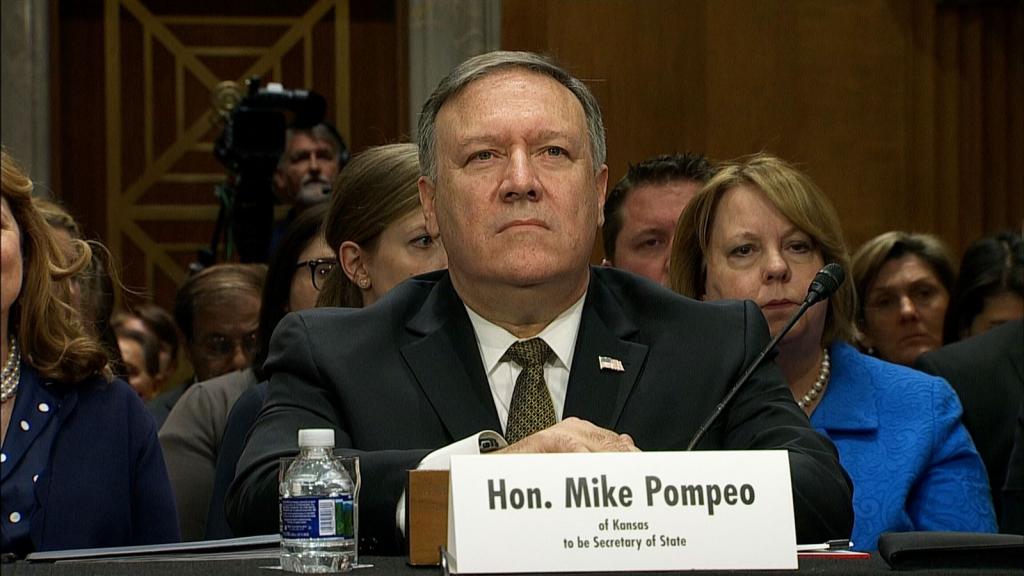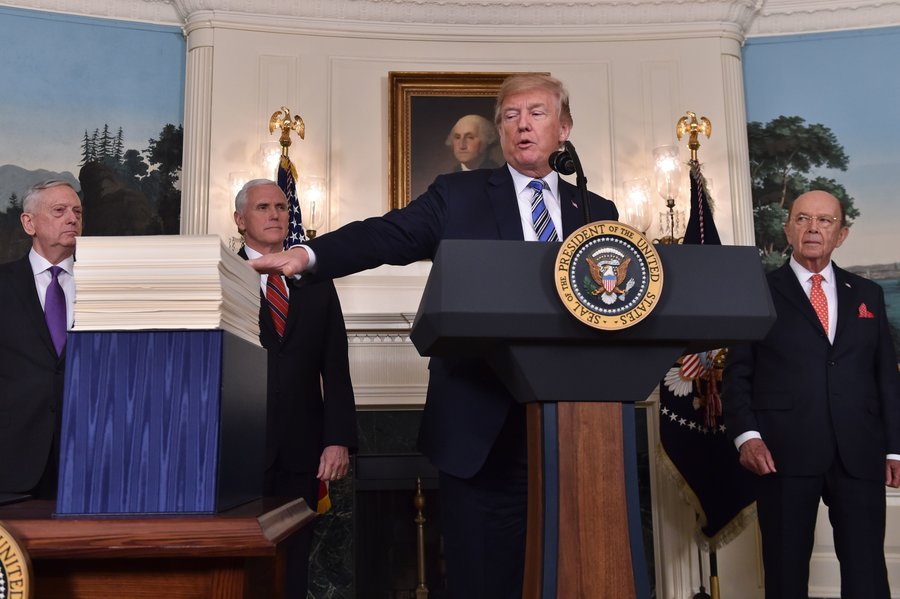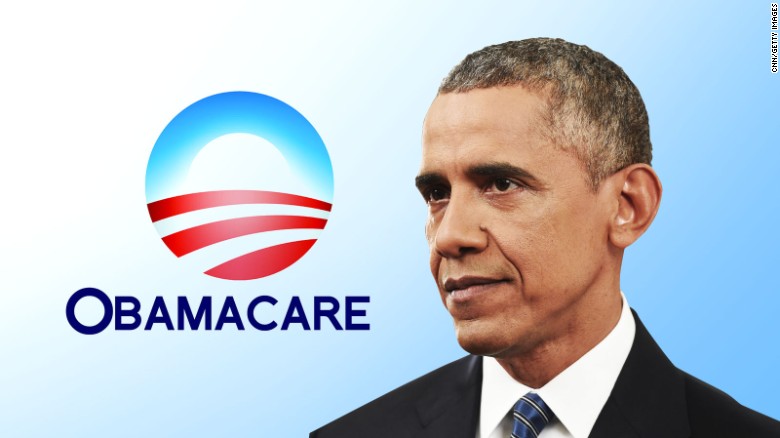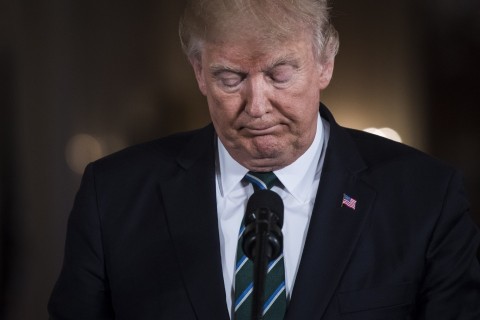
After President Trump and Speaker Paul Ryan’s effort to repeal and replace Obamacare failed last week, the rest of Trump’s agenda has been put in jeopardy. The president’s reputation as a dealmaker has been brought into question and well his efforts to put together a legislative majority in Congress. The healthcare effort was ripped apart by purist conservatives in the Freedom Caucus who refused to get on board any bill that was not a clean repeal of Obamacare. As a result, the concessions given to appease the hard conservatives alienated many moderate representatives in the Tuesday Group. The week after has revealed a divide between the Freedom Caucus and the rest of the party with the President directly calling out members on twitter.
The failure has brought in the possibility that tax reform will end in the same fashion with the same dynamics within the Republican conference. With tax reform, representatives are dealing with the whole economy and have to fight off multiple special interest groups who want to keep their tax carve outs. Another problem for Republican leadership is that the border-adjustment tax that they want to implement is being opposed by the same groups that sunk the American Health Care Act. If this tax effort is successful, it will definitely help keep the president’s agenda.
The closest win that Donald Trump could have is with his Supreme Court Nominee Neil Gorsuch. This week the Senate looks poised to debate and vote on his nomination. Democrats fueled by liberal grassroots look ready to support a filibuster against his nomination, but Senate Republicans are vowing to get him confirmed one way or other including using the so-called nuclear option to kill the filibuster. If Gorsuch is successfully confirmed, the Republican agenda will gain momentum for future items.
Another upcoming legislative fight is over the budget and the debt ceiling. The President’s preliminary budget blueprint laid out by OMB director Mick Mulvaney showed deep budget cuts to non-military discretionary spending while increasing defense spending. This seems difficult to pass Congress and the debate will be fought over small items such as funding a wall along the Southern border. April 28 is the deadline to fund the government and to avert a government shutdown, but Congressional leaders are only allocating one week to have debate and to pass a budget resolution. Another fight is in August when Congress has to raise the debt ceiling. The same people who sunk the healthcare bill will want deep spending cuts enacted to support raising the debt ceiling.
Another major agenda issue for Donald Trump will be his infrastructure plan. The President has declared during the campaign that he wants a $1 trillion investment through public-private partnerships into the nation’s infrastructure. This plan will likely include about $100-$200 billion in direct federal spending and the rest in private funds. Democrats are more willing to have more direct spending while Republican deficit hawks will want more private investment and a plan that does not add to the federal deficit. The President is likely very interested in this topic given his history as a builder during his private life.
Finally, there is the question on what to do to with Obamacare. Now that the original plan is dead, Speaker Ryan, the President, and Vice President Pence have repeatedly said that they are continuing talks about what to do next. As recently as today, President Trump went golfing with Sen. Rand Paul (R-KY) to talk about the future of an Obamacare repeal and replace plan. One major discussion is about combing what would have been in part 1 of the Obamacare repeal bill with the items in part 3 of Paul Ryan’s plan. If the rest of the agenda is implemented, Republicans will likely return to this issue in late fall to spring of next year. Overall, there looks like there will be a tough road ahead for Trump’s agenda that will be slowed down by Democrats on one side and the far-right on the other.


